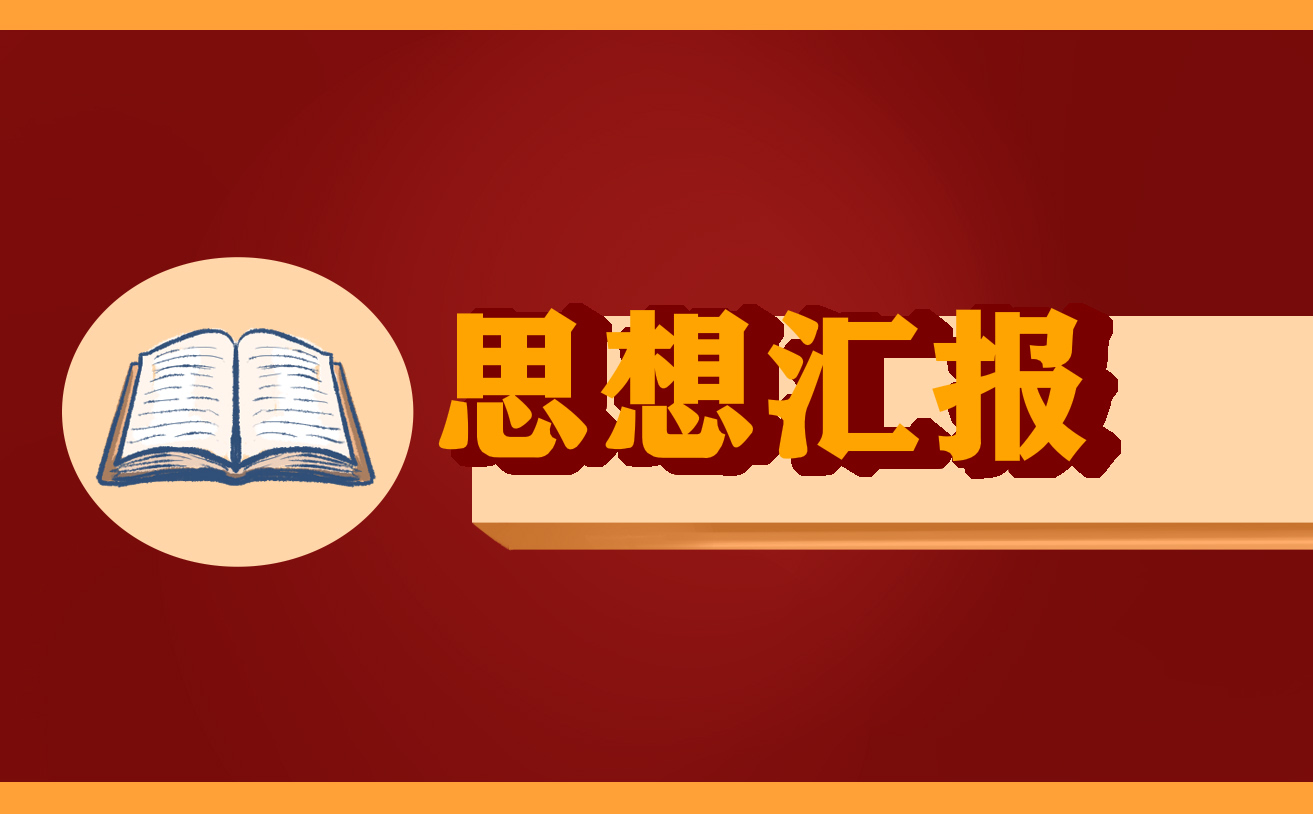完形填空大全及答案【完形填空】
时间:2018-12-27 03:33:33 来源:柠檬阅读网 本文已影响 人 
(一) We drink tea every day. But more than three hundred years ago most of the people in Europe (欧洲) knew 1 about tea. Some people had 2 about it, but very few of them knew3to do with it.
Once an English sailor(水手) went to 4 in the east, the west and the south. He had been to India and China. One day he came home and brought some tea as a5 for his mother. She told her friends about the present and asked them to go to a "tea 6 ". When her friends came,the old woman brought out some tea-leaves and asked them to eat, of course,7liked the tea-leaves.8that time the sailor came in. He looked at the table and said, "Mother,what have you done with the tea? …I boiled (煮) it as you 9 ."
"And what did you do with the water?"
"I threw it away, of course,"answered the old woman. "Now you may throw away the 10 ,too,"said the sailor.
1. A. anything B. something C. nothing D. everything
2. A. said B. heard C. told D. thought
3. A. what B. how C. that D. which
4. A. ships B. world C. countries D. sea
5. A. drink B. money C. food D. present
6. A. concert B. dinner C. party D. meeting
7. A. nobody B. everybody C. anybody D. somebody
8. A. At B. On C. In D. Of
9. A. do B. make C. said D. gave
10. A. tea B. cup C. water D. leaves
(二)Thief or Buyer?
Henry stole(偷) some coats in a shop one night. He hoped to sell them in the market and buy some 1 for his hungry children. Bad luck! The police 2 him and put him into prison(监狱). He was very sad and3the poor children. He knew he would 4 in prison for more than three years.
One afternoon it was snowing and the weather was5 . The farmer stood by the window and6 out. But he could see nothing except the high wall. He felt very sorry because he couldn"t7any Christmas presents for his children. Suddenly the door 8 and came in a young man in worn-out clothes, and two9 were following him. They pushed him into the ward(牢房)and 10 the door and left. Henry came up to him and asked," 11 are you brought here for, sir?"
"I went into a shop to buy something," answered the young man.
"I don"t think it"s 12 to do that!" called out Henry.
"13do I, sir," the young man said. "But they thought me a thief(贼)."
"14, when did you go into the shop?"
"My watch is fast," said the young man. "So I went into it four15ahead of time(提前)."
l. A. clothes B. books C. food D. newspapers
2. A. met B. caught C. helped D. taught
3. A. afraid of B. strict with C. angry with D. worried about
4. A. be B. play C. rest D. sleep
5. A. hot B. cold C. warm D. cool
6. A. looked B. went C. came D. rushed
?. A. post B. draw C. give D. buy
8. A. broke B. fell C. opened D. closed
9. A. doctors B. policemen C. farmers D. drivers
10. A. watched B. touched C. locked D. mended
l l. A. Why B. When C. How D. What
12. A. wrong B. right C. important D. dangerous
13. A. So B. Either C. Neither D. Such
14. A. Excuse me B. By the way C. Good luck D. Never mind
15. A. minutes B. weeks C. days D. hours
(三)A Good Girl?
Jenny Gordon was a very kind and beautiful woman. Before she got 1 , many young men were in love with her. Many of them2to her, telling her how wonderful she was, how much they loved her and each of them wanted to be her3 . Jenny kept all these letters. She tied them up with a red ribbon(缎带) and put them away in an old box. She4read them because her husband took good care of her, however, they were a part of her5and she did not want to throw them away.
Jenny had a6, Sue. Sue was six. One day, a friend of hers was in hospital. Jenny wanted to go to see her. Of course it was7to take Sue there with her. So she had to leave Sue 8 for two hours.
"Now be a good girl," she said. "Play9in the yard. If you need anything, go to the lady next door and she"lll0 you."
When she returned home, she asked Sue, "Have you 11 a good girl?"
"Oh, yes, Mommy," Sue said.
"What did you do while I was12?" Jenny asked her.
"I played mailman(邮递员) ," Sue told her.
"13could you play mailman, darling(亲爱的)?" Sue asked. "You didn"t have any letters."
"Oh, yes I did, Mommy," Sue said. "I14some in an old box upstairs. They were tied up with a red ribbon. I put one in every mailbox in the15. Wasn"t I a good girl?"
1. A. died B. left C. married D. started
2. A. wrote B. listened C. talked D. spoke
3. A. classmate B. husband C. brother D. friend
4. A. always B. usually C. sometimes D. never
5. A. study B. life C. job D. interest
6. A. daughter B. sister C. pupil D. student
7. A. helpful B. useful C. important D. bad
8. A. asleep B. afraid C. alone D. away
9. A. slowly B. quickly C. clearly D. quietly
10. A. help B. teach C. show D. like
11. A. learned B. been C. played D. hoped
12. A. in B. free C. out D. at work
13. A. When B. How C. What D. Where
14. A. found B. bought C. borrowed D. looked for
15. A. village B. park C. street D. theatre
(四) How Robert Got a Video?
Robert is twelve this year. He likes 1football. And he also likes watching football matches. As he hasn"t enough2to buy the tickets, he has to watch them on TV at home when he"s3 . But he always goes to school from Monday to Friday and4 a lot of important matches.
One afternoon there would be5football match of the year in America. The boy wanted to watch it on TV very much. But he had no6 to stay at home. They would have a maths 7the next morning. He had to prepare it in the8 .
"Can we have a video, mummy?" Robert asked 9 he went to school. "Then you"ll record the football match for 10"
"I"m afraid we can"t buy one," sighed(叹气) his mother. "We are going to be 11if your father doesn"t bring any food home. He hasn"t 12 for months. Now he"s gone out to 13 some money from his friends."
But that afternoon in came Robert, with a new video in his 14.
"How on earth did you pay for that, Robert?" his mother asked in surprise.
"That"s easy, mummy," answered the boy. "I"ve sold our15 for it!"
1. A. making B. passing C. playing D. mending
2. A. time B. money C. room D. example
3. A. busy B. strong C. weak D. free
4. A. misses B. forgets C. remembers D. catches
5. A. a small B. the smallest C. a big D. the biggest
6. A. story B. excuse C. business D. accident
7. A. exercise B. problem C. exam D. subject
8. A. classroom B. lab C. bedroom D. field
9. A. after B. before C. when D. because
10. A. me B. myself C. you D. yourself
11. A. tired B. thirsty C. hungry D. careful
12. A. given B. been given C. paid D. been paid
13. A. ask B. borrow C. find D. choose
14. A. arms B. feet C. legs D. mouth
15. A. chair B. house C. television D. factory
(五)
Jimmy lived in the country(乡下) ,and he loved playing in a very small river near his house,1then his father2a job in a big city,moved there 3his family.
Their new house had a garden,but the garden was very 4.
Jimmy wasn"t very happy.
"Is there a river near here?"he asked his mother5the first morning.
His mother answered," No,there isn"t, but there is a beautiful park near here, Jimmy,and there"s a pool (池塘)6it. We"ll go there this afternoon. "Then Jimmy was happy.
After lunch, Jimmy and his mother went to the park. Jimmy wanted to walk near the pool, but there was a blackboard with words on it7the pool. His mother read it to him,"Be careful:This pool is dangerous, 376 people have 8 into it." Jimmy looked9the pool carefully. 10 he said, "I can"t see them."
1. A. and B. but C. so D. nor
2. A. received B. lost C. got D. out of
3. A. with B. followed C. without D. by
4. A. beautiful B. small C. big D. nice
5. A. in B. since C. at D. on
6. A. with B. by C. in D. through
7. A. in front of B. in the front of C. in a front of D. in one front of
8. A. failed B. fallen C. fellen D. felt
9. A. at B. on C. out of D. into
10. A. Then B. Than C. Once D. Late
完形填空答案详解
(一) 1--5CBACD6--10CAACD
1.C.But表示转折,由它联系上下文知道三百多年前欧洲人应不知道茶。
2.B.此处句意指一些人听说过茶,听说为hear about。
3.A.此处只有what可以用作do的宾语。
4.C.水手会去世界各地的国家。
5.D.人们出远门回来,会带回些东西作为礼物送给亲人。
6.C.concert为音乐会,meeting为会议,dinner为晚饭,都与题意不符。
7.A.没有人会喜欢吃茶的叶子。
8.A.在那里为at that time。
9.C.A、B选项时态不对,应为过去时,他妈妈应是按照儿子所说的煮茶叶。
10.D.人们应喝的是茶水,而把叶子扔掉。
(二) 1--5CBDAB6--10ADCBC11--15DACBD
1.C.从后面的hungry能够得知,他是要买食物给他的孩子。
2.B.警察把他抓住,才能把他投进监狱。
3.D.他自然是对他的孩子担心。
4.A.他盗窃了,自然是要蹲监狱。
5.B.当时在下雪,天气很冷。
6.A.从后面的句子能够得知,他在向外面看。
7.D.他在监狱里,就无法给子女买圣诞礼物。
8.C.门开了,人才能进来。
9.B.罪犯当然是由警察押送进来的。
10.C.由于里面关押着罪犯,牢房的门自然要锁着。
11.D.此处是在问原因,但句子中有介词for,应当选what。
12.A.到商店去买东西当然不算什么过错。
13.C.此处是指“我也不这样认为”,由于是否定形式,故应用neither。
14.B.这里是“顺便问问”。
15.D.商店一般是每天开门的,B、C不能选;小偷也不会在开门前4分钟进去偷东西。那自然是 在4个小时之前。
(三) 1--5CABDB6--10ADCDA11--15BCBAC
1.C.Jenny自然是在没有结婚之前,有很多小伙子爱她。
2.A.那些人喜欢她,就要写信倾诉对她的爱慕之情。
3.B.他们写信的目的无非是想娶她为妻,也就是说要做她的丈夫。
4.D.由于Jenny的丈夫对她很是关爱,她也就从来不再去看那些保存的求爱信。
5.B.上面所说的那些信,都是她在婚前的事,虽然过去了,但那仍然是她生命的一部分。
6.A.从上下文可以看出,Sue是Jenny的女儿。
7.D.Jenny要去医院探望病人,把只有6岁的女儿带上是不合适的。
8.C.Jenny不带女儿去医院,自然就是一个人去的。
9.D.Jenny当然希望女儿静静地在院子里面玩。
10.A.由于他们是邻居,有什么事情自然可以向其寻求帮助。
11.B.此处用be的过去分词表示“当;是”。
12.C.Jenny刚回到家里,这里就是在问她外出的时候女儿都干了一些什么。
13.B.这里要用How表示“怎样;如何”。
14.A.从后面的内容来看,Sue在楼上的旧箱子找到了妈妈放在那里的情书。
15.C.Sue在扮演邮递员,便把妈妈的情书放进街道上的那些邮筒里面。
(四) 1--5CBDAD6--10BCABA11--15CDBAC
1.C.从上下文可以看出,Robert喜欢踢足球。
2.B.Robert家里很穷,他没有钱买门票。
3.D.Robert是名学生,他只能在空闲时间在家里看电视。
4.A.由于Robert大部分时间在学校里,自然要错过一些重要的球赛。
5.D.Robert对那场球赛特别感兴趣,就是因为那是当年规模最大的一场球赛。
6.B.Robert要想在家里看电视,就得找借口,从他去上学就能得知,他没有找到借口。
7.C.从Robert在学校准备来看,他们要考试了。
8.A.准备考试,自然是在教室里。
9.B.Robert要去上学,应是在去上学之前。
10.A.Robert爱看球赛,当然是要妈妈给他录制足球赛。
11.C.Robert的爸爸把食物带回家,他们才不会挨饿。
12.D.Robert的爸爸要等老板给发工资,要用被动语态。
13.B.Robert的爸爸出去当然是向朋友借钱。
14.A.录像机只能用手臂提着。
15.C.Robert不可能卖掉房子,他家也没有工厂,卖掉椅子也买不来一个录像机。所以,C是正确 选项。
(五) 1--5BCABD6--10CABDA
1.B.but在此表示转折。
2.C.由下文句意“得到工作”决定。
3.A.with介词“和”,在此用介词词组作状语。
4.B.but表示转折,由句意决定用small。
5.D.在morning前面有具体修饰词时,用介词on。
6.C.表示“在……里”用介词in,指在花园里有个池塘。
7.A.in front of和in the front of都是“在……前面”之意,in front of指外部;in the front of指内部,
黑板不可能放在池塘上的前部,故不能选in the front of。
8.B.此句为现在完成时,have+过去分词构成完成时,fall的过去分词不规则变化为fallen。
9.D.look at看……;look on观看;look out of向……外看;look into向……里面看去;在这指
Jimmy向池塘里面,故选look into。
10.A.由句意决定。









